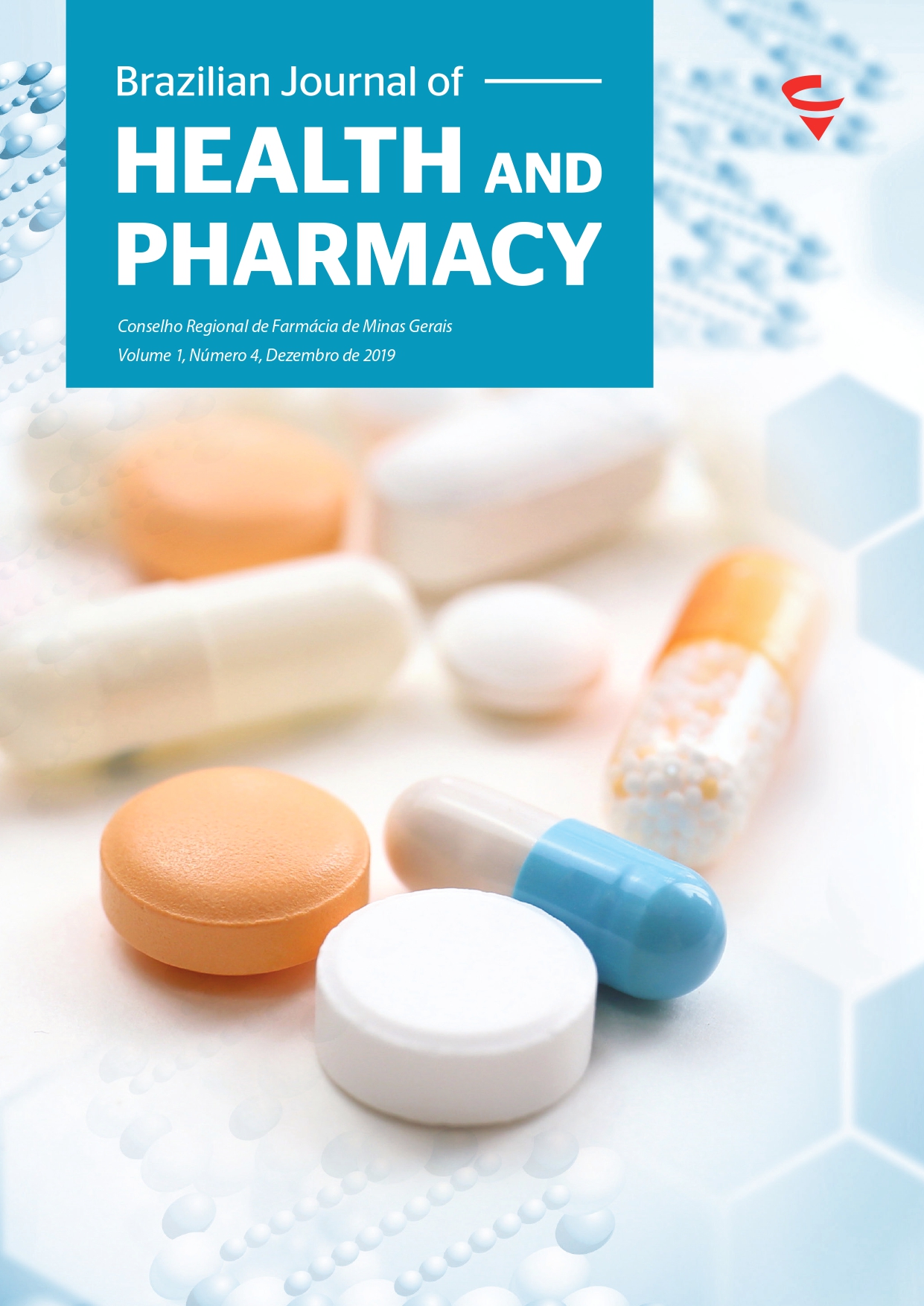Abstract
Given the population exposure to advertisements, and considering the role of the pharmacist in the process, the objective was to identify, in the literature, the way pharmaceutical marketing influences the consumption of drugs. It is an integrative, descriptive, exploratory, bibliographical and qualitative review, carried out in the databases indexed in the Portal of the Virtual Health Library (VHL), such as Lilacs and Medline and using Descriptors in Health Sciences (DeCS) “marketing”, “propaganda”, “drug industry”, “drug utilization”, “pharmaceutical preparations”, and associations with boolean operators OR and AND. The active search for original publications occurred from September to October 2018; in English, Spanish and Portuguese. The selection and systematic reading of the papers were carried out by two reviewers, independently. Genetic, revision, duplicate studies were excluded, those whose titles and abstracts did not contemplate the researched subject and those that, although titles and abstracts alluded to the proposed theme, did
not evaluate the interest factor. Of the 113 publications found, only 8 (37.1%) met the criteria and were included in the study. Despite advances in pharmaceutical legislation aimed at regulating drug advertising, there are still advertisements infringing them. There was progress in the use of social media for the promotion of drugs and marketing influence for the irrational consumption of drugs mainly for the elderly. The influence of pharmaceutical marketing on medical students and professionals has been demonstrated, which in turn can stimulate the irrational use of drugs. The pharmacist has an important role in this scenario, mainly as an educator, and may be fundamental for the construction of a health policy involving the rational consumption of medicines.

